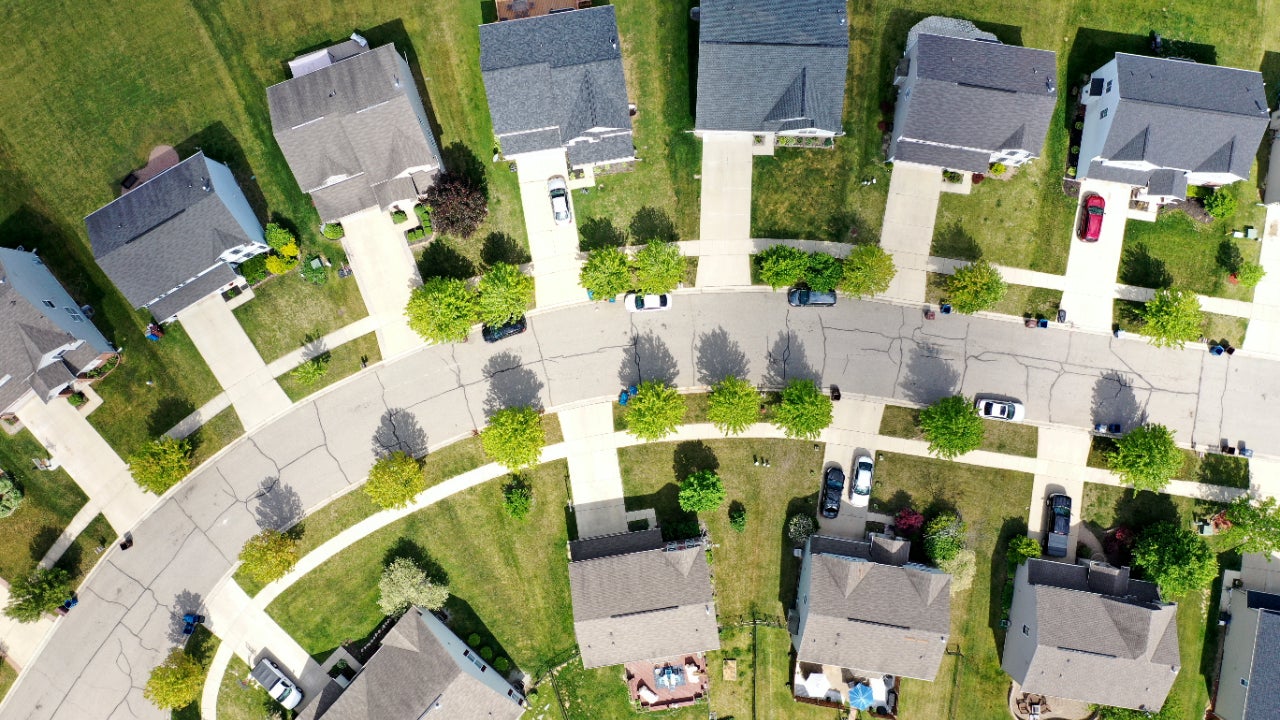What is a property deed?



Whether you’re a homebuyer or seller, the deed to the property in the transaction is an essential piece. Here are the basics on this crucial document, what it includes and how it differs from a property title.
Key takeaways
- A property deed documents the legal ownership of land or property.
- The deed lists both the grantor (seller) and grantee (buyer).
- Common types of deeds include warranty deeds and quitclaim deeds.
- Property deeds are recorded by local government.
What is a property deed?
A property deed, or a house deed, is a legal record that indicates or transfers the ownership of a property, such as a home or land. The deed documents the ownership of the property, and identifies the property’s grantor (seller) and grantee (buyer). The grantor or both parties will need to sign this document for the property to legally change hands in a real estate transaction.
A property deed serves as a public record of who owns a home or land, so it’s a key document when it comes to legal matters concerning the property. If an ownership dispute arises, for example, you may be able to resolve it by simply confirming the name on the deed.
It’s also important to properly record a deed, as issues can occur if these records are incomplete, incorrect or don’t exist. This can become a problem if the property owner dies, for instance.
Property deed vs. title
In real estate transactions, the terms “deed” and “title” are often used interchangeably to refer to the legal ownership of a property. Even though both terms relate to the transfer of ownership, they mean two different things: While a deed is the actual physical document that shows ownership, the title refers to the legal rights to the property, as documented in the deed.
What does a deed look like?
A property deed is usually one or two pages long, and the contents depend on what type of deed it is (more on that below), as well as the property type and location. Generally, a deed contains a few key pieces of information:
- Property description – Property boundaries and any other relevant details about the property type, such as adjacent roads, utilities or the name of the subdivision
- Buyer and seller information – The names and addresses of the parties buying and selling the property
- Seller’s signature – The seller, or the person transferring the property, must sign their full name to the document to make it official. Some deeds require the signature of both the buyer and seller.
- Granting clause – The clause that transfers ownership of the property and spells out the buyer’s rights
- Consideration clause – The clause that indicates how much money the seller received for the sale of the home
Types of deeds
Warranty deed
A warranty deed is the type of deed used when getting a mortgage, and provides more protection for the person buying the home compared to other kinds of deeds.
There are two types of warranty deeds:
- A general warranty deed provides the most safeguards for the buyer by guaranteeing that the seller has the legal right to transfer the property, and that the property is free of any liens, debts or encumbrances.
- A special warranty deed offers fewer protections. Although it guarantees there were no liens or encumbrances on the property while the seller owned it, the deed does not ensure that these encumbrances did not exist before the seller took ownership. This type of deed is most common for the transfer of an estate or trust.
Bargain and sale deed
A bargain and sale deed only states that the seller holds title to the property; it does not protect the buyer from liens or debts. This type of deed is most common in tax sales and foreclosures, when the property’s history may be unclear.
Quitclaim deed
Common in divorce situations, a quitclaim deed is when the seller “quits” any rights to the property. The deed transfers any ownership the seller might have in the property, but it does not guarantee that this ownership exists.
Special purpose deeds
Typically used in court for specific circumstances, special purpose deeds don’t offer any real protections to the buyer. The most common types of special purpose deeds include:
- Deed in lieu of foreclosure – This is when a homeowner transfers a property back to the bank or lender to avoid foreclosure.
- Deed of gift – This is when the deed is gifted from the grantor to the grantee, meaning ownership is transferred without any money changing hands.
- Tax deed – This is when property taxes go unpaid and ownership transfers to the government, which then auctions the property to pay off the tax debt.
- Executor’s deed – This is when the property owner dies and the estate’s executor transfers property to the grantee named in the will.
How to get a property deed
Your local government maintains property records, including property deeds, typically at the city or county level. In a real estate transaction, a real estate attorney or title company can help you prepare a property deed to transfer ownership. If you need to obtain a copy of a deed for another reason, check your municipality’s clerk, recorder or register of deeds.
You may also like

What is a home equity sharing agreement?

What is a settlement statement in real estate?

What is a land contract, and how does it work?

